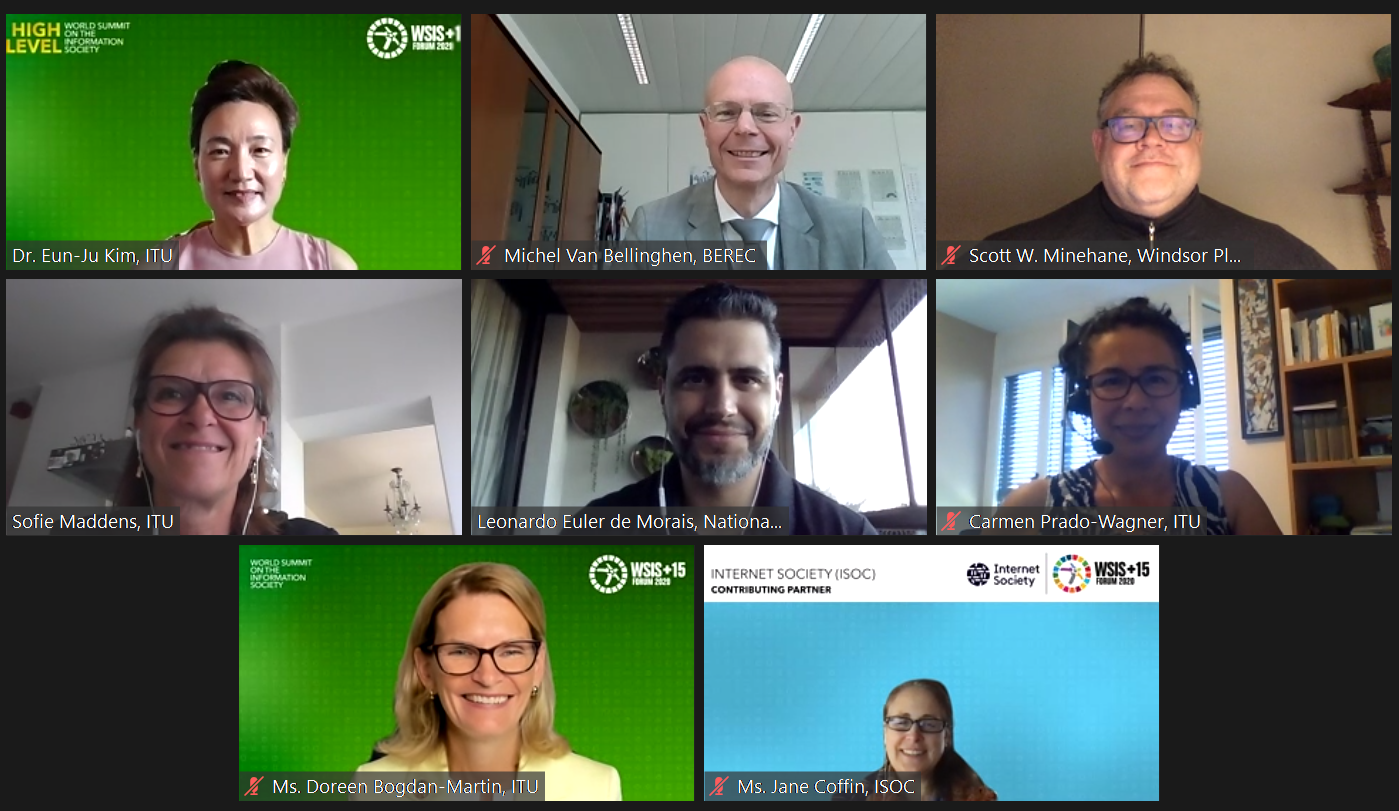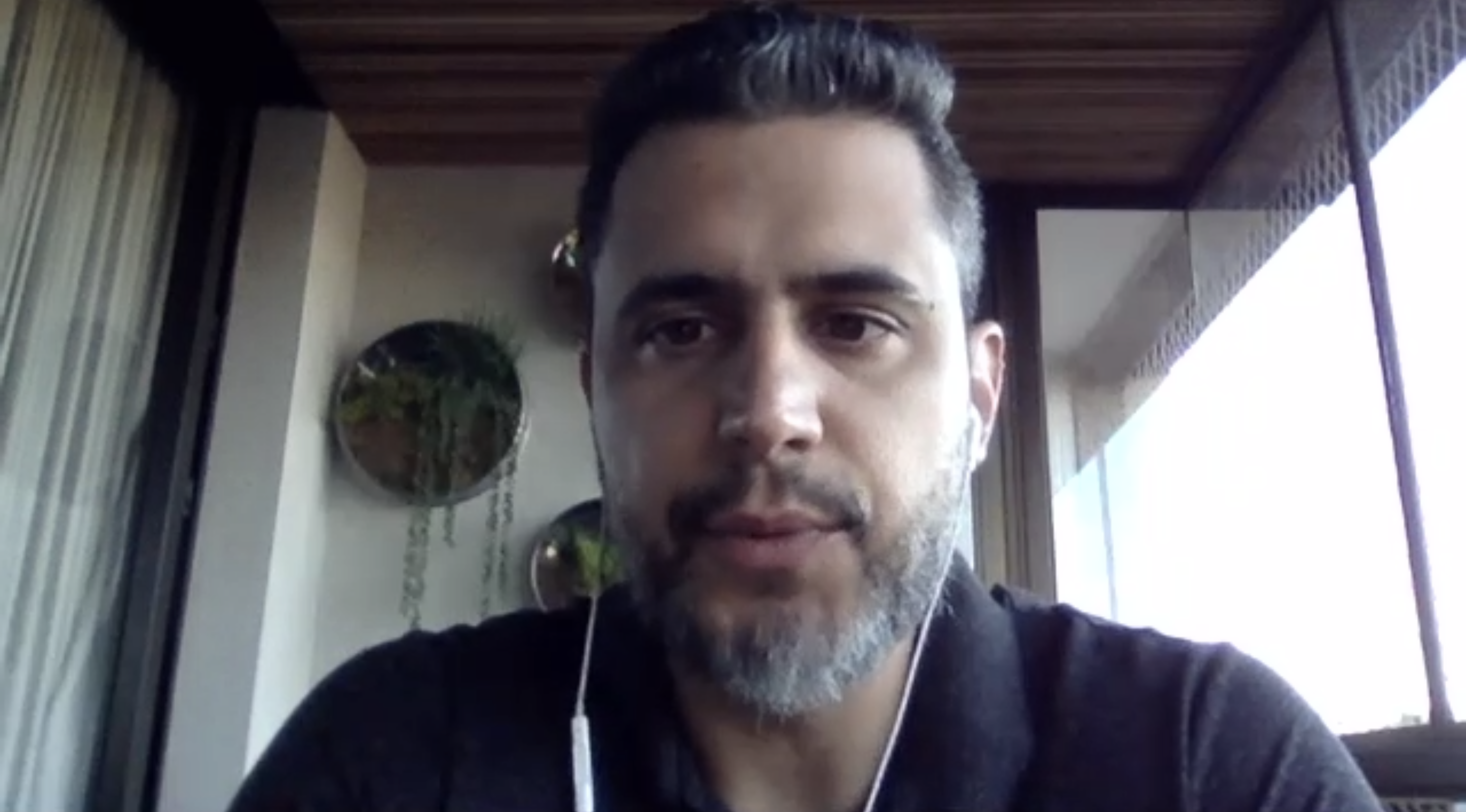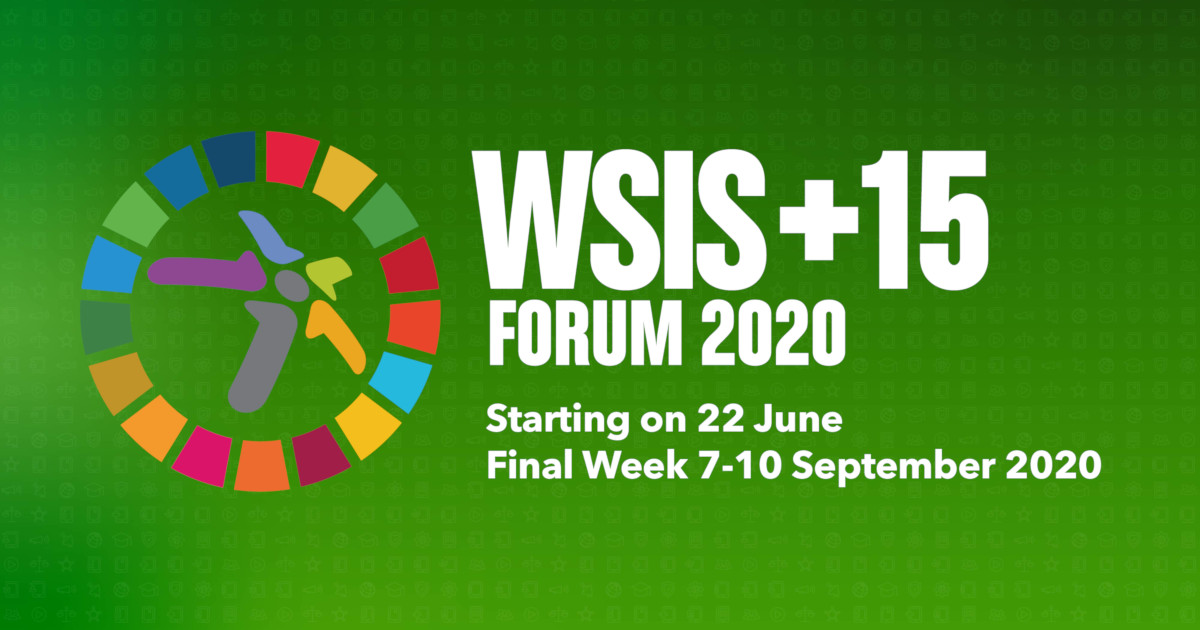ALFM Action Line C6: Enabling Environment: Acting now: new and innovative policy and regulatory approaches for digital market development
International Telecommunication Union
Session 225
The COVID-19 crisis has dramatically illustrated the vital role of digital connectivity including both access to infrastructure and to services that are available, affordable, and accessible, to all. Digital technologies have an essential importance in lockdown situations in enabling us to carry on with our lives in terms of work, education, entertainment, and access to information.
To address the immediate needs during COVID-19, the ITU launched the Global Network Resiliency Platform (#REG4COVID) in March, shortly after the declaration of pandemic lockdowns across most parts of the world. Since then, ICT policy makers and regulators from all regions of the world have gone to the platform to share useful insights, best practices and lessons learned to boost network resiliency in these unprecedented times.
However, we also need to face this “new urgency” to address the digital inclusion agenda of governments worldwide. Concerted action by policy makers and regulators in consultation with the ICT industry, is needed to achieve universal, affordable and quality broadband access, and to mobilize private financing to invest in digital inclusion. Now, more than ever, there is an urgent need to create an enabling policy and regulatory environment to provide connectivity for all.
This session will address critical questions policy makers and regulators need to address to fast forward digital connectivity for sustainable development:
- What policy and regulatory design principles are at hand for regulators to help develop an understanding of new technology paradigms and guide them towards appropriate policy and regulatory best practices?
- How can best practice guidelines help design and effectively enforce regulatory frameworks for digital markets to thrive?
- How can we ensure optimal regulatory responses during crisis situations and fast forward to digital connectivity for all?
Based on the Global Symposium for Regulators (GSR) 2019 Best Practice Guidelines, this session will also address the core design principles for collaborative regulation and how to benchmark for regulatory excellence and market performance. It will also highlight regulatory tools and approaches that are at hand for enabling digital expansion.
“If we are set to achieve the UN Sustainable Development Goals (SDGs)
in our societies by 2030, we need to be open to new regulatory tools
and solutions and act now.”
GSR 2019 Regulators
The session will begin with the opening remarks by Ms. Doreen Bogdan-Martin, Director of the ITU Telecommunication Development Bureau, and an opening keynote by Dr. Eun-Ju Kim, Chief of the Digital Knowledge Hub (DKH) Department at the ITU Telecommunication Development Bureau
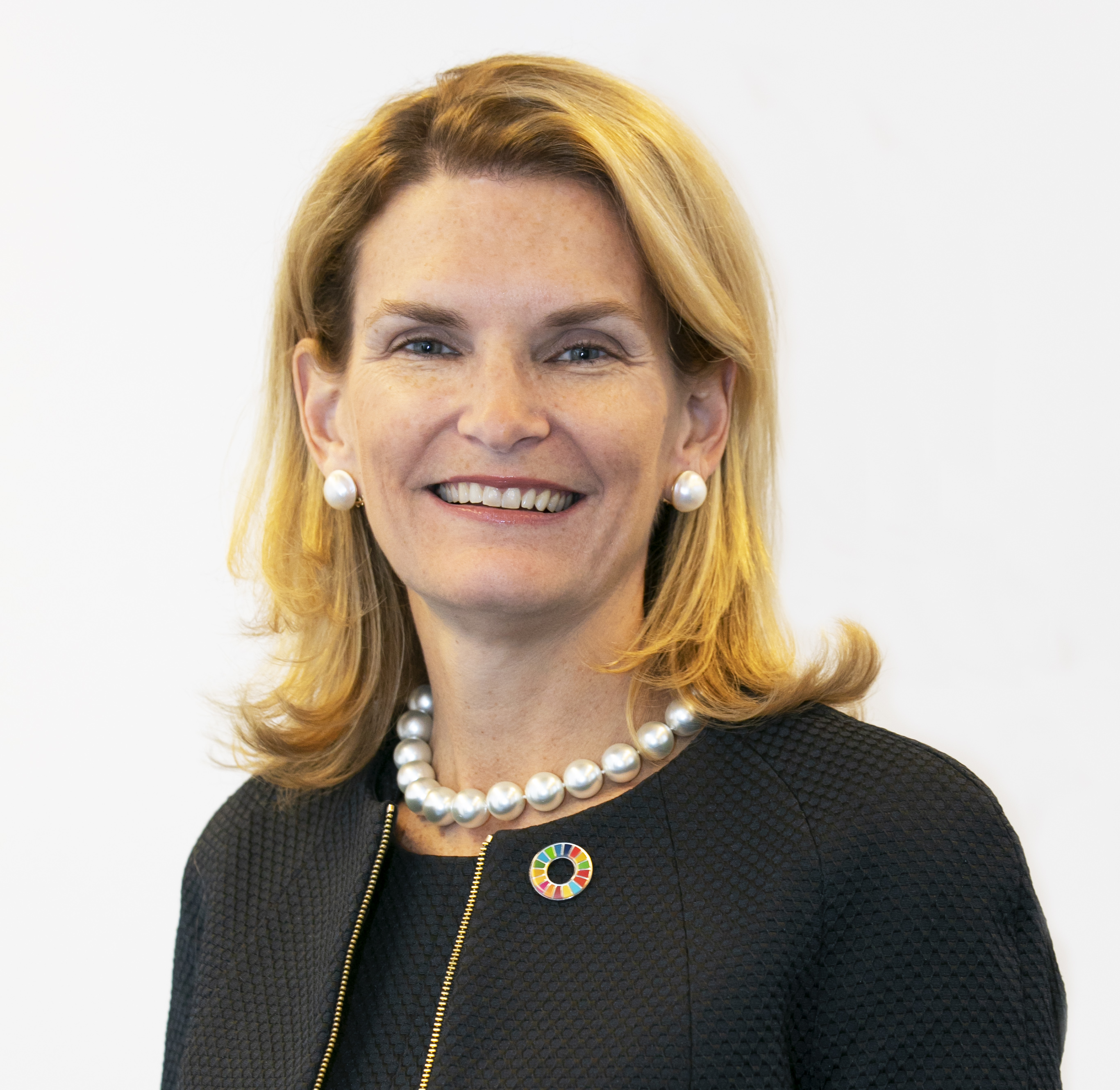
Doreen Bogdan-Martin was elected Director of the ITU Telecommunication Development Bureau in November 2018 and took office on the 1 of January 2019.
She is a strategic leader with 30 years' of high-level experience in international and inter-governmental relations, and a long history of success in policy and strategy development, analysis and execution.
From 2008-2018, she led the Strategic Planning & Membership Department of ITU, and also served as Coordinator of United Nations Affairs.
She was one of the architects of the annual Global Symposium for Regulators and leads ITU's contribution to the EQUALS Global Partnership for Gender Equality in the Digital Age. She serves as Executive Director of the UN Broadband Commission for Sustainable Development, and is leading ITU's collaboration with UNICEF and others on the GIGA project to connect the world's school.
She holds a Master's degree in International Communications Policy from the American University in Washington, DC and a post graduate certificate in Strategies for Leadertship from the Institute for Management Development in Lausanne, Switzerland.
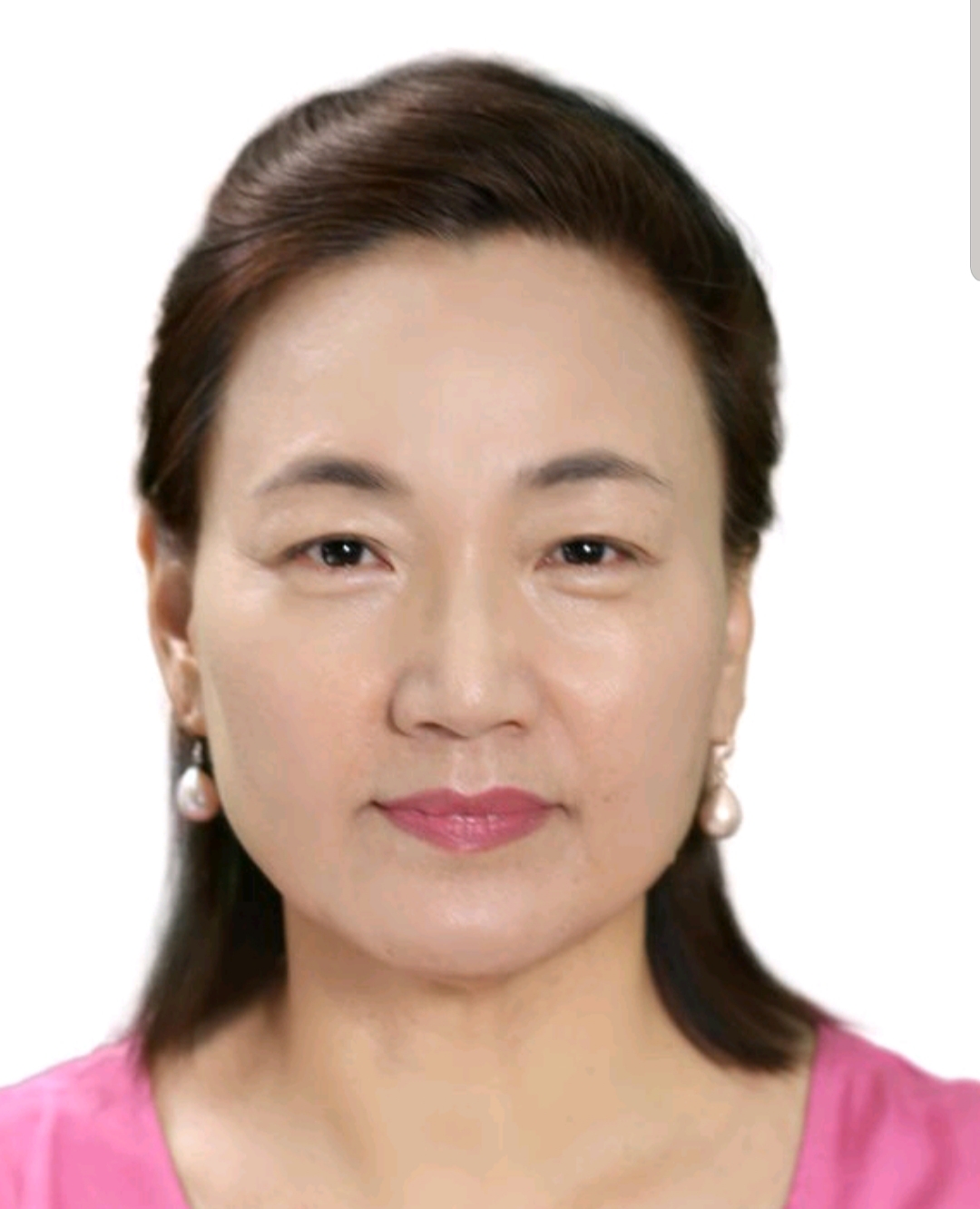
Dr Eun-Ju Kim is currently Chief of Digital Knowledge Hub Department, BDT/ITU, overseeing capacity and digital skills development, ICT data and analytics, creating enabling legal, policy, regulatory and market environments, and the neutral contribution-driven ITU-D Study Groups through various platforms, services and products in close coordination and partnership with various stakeholders, which can contribute to achieving ITU Goals and the UN SDGs for a sustainable digital economy and society, after having served as Chief of the Innovation and Partnership Department and Regional Director for Asia and the Pacific in ITU, Lecturer in the London City University, Senior Adviser to Minister of Communications, and Senior Research Fellow at KISDI (R.O.Korea). She holds MA from the Seoul National University (R.O.Korea), and MA and PhD from the London City University (UK). She has also undertaken an Executive Education at the Harvard Kennedy School and published numerous books and articles with 30 years’ experiences.

Sofie Maddens is the Head of the Regulatory and Market Environment Division of the ITU BDT. Lawyer by training, Sofie Maddens has worked as Regulatory and Policy Expert in the telecommunications/ICT sector in international and multi-cultural environments, including in Asia and the Middle East, as well as in the Americas, Europe and Africa. She has managed complex private sector, government, and regional and international projects and grants for national governments and their National Regulatory Authorities, the European Commission, the World Bank, the Telecommunications Development Bureau of the ITU as well as for a wide variety of private telecommunications, consulting and financial sector clients. Her scope of expertise has focused in particular on the information and communications sectors, the postal sector as well as the information society (including Internet policy and governance, e-commerce, privacy, cybercrime and cyber security).

Michel Van Bellinghen, Master of Laws (UCL), started off at the university in 1990 as a researcher, then became an assistant under the supervision of Professor Françoise Tulkens, at the UCL Laws Centre for Criminal Law.
He became an assistant advisor at the Ministry of Justice in 1992 under the supervision of Professor Marc Bossuyt and joined BIPT in 1997. From 1999 to 2003 he held the position of expert at the private office of Rik Daems, who was the Federal Telecommunications Minister at the time, and afterwards took up the function of Assistant Head of the Private Office. From 2003 until 2009 he was nominated Member of the BIPT Council for the first time. Following this mandate he remained closely affiliated to the Council and supervised the legal department of the regulator during a number of years. He has written scientific publications. In 2013 he held a position on the Council as a Member. In January 2017 he was assigned Chairman of the BIPT Council.

Leonardo Euler de Morais started his career in Anatel in 2006. His prior positions at the Agency include Advisor to Members of the Board of Directors, Manager for Economic Monitoring and Chief Technical Advisor.
In 2016, Mr Euler was appointed as Member of the Board of Directors to become the Agency’s first public servant to occupy a seat on the Board.
Mr Euler is also President of the Spectrum and Orbit Committee (Comitê de Espectro e Órbita - CEO), responsible for supporting the Board of Directors in the decision-making process regarding the allocation plan, allocation and distribution of radio frequency bands in Brazil, use of the radioelectric spectrum and use of orbit and spectrum resources for the operation of satellite networks.
At the end of 2018, Mr Euler was appointed the Agency’s Chairman with a mandate until November 2021.
Mr Euler de Morais holds a bachelor’s degree in Economic Sciences and a master’s degree in Economy, both from the University of Brasília where he also lectured on Introduction to Economy. Before Anatel, he worked in Eletronorte, in the electricity sector, as an analyst.
Mr Euler de Morais is author of academic publications, chapters in books and opinion articles on the telecommunications sector.

Scott W Minehane is an international regulatory and strategy lawyer/economist in the communications sector and has been involved in advising investors, operators, Governments and regulators in Australia, Asia, the Pacific and Africa for over 30 years. His expertise extends to policy, legislative drafting, regulation, spectrum management, national broadband network and new generation fixed and mobile technologies including 5G.
He is the principal of Windsor Place Consulting Pty Ltd an independent consultancy practice, through which he has advised a range of international organisations including inter alia the International Telecommunications Union (ITU), the World Bank, the GSMA and ASEAN. He is the author of the number of reports and papers including June 2020 ITU GSR Discussion Paper on the telecommunications sector responses to COVID-19.
Prior to the establishment of Windsor Place Consulting in 2000, Scott was a Director and Principal Consultant at Cutler & Company (1993-2000) and worked in the Australian Government in the late 1980s/early 1990s on the introduction of telecommunications sector competition including the licensing of the second telecommunications operator and the third mobile in Australia.
Scott is an independent director of two Australian Stock Exchange listed companies – firstly Etherstack which sells wireless technology including waveforms and public mobile radio (PMR) solutions being used for emergency services and first responders and secondly iSignthis specialising in online financial transactions and know your customer (KYC).
Scott has a Bachelor of Economics (1986) and a Bachelor of Laws (1991) from the University of Queensland and holds a Master of Laws specialising in Communications and Asian Law from the University of Melbourne (1998). He resides in Melbourne, Australia.
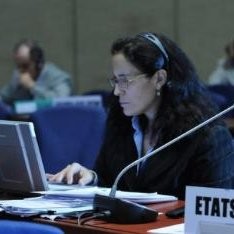
Jane Coffin is responsible for the Internet Society’s Internet Growth project teams. The Internet Growth project teams are focused on Community Networks, Internet exchange points (IXPs) & interconnection, peering, and community development, and a new critical project on measuring the health of the Internet. Her work also focuses on access and development strategy, where she and other ISOC colleagues and partners focus on coordination of collaborative strategies for expanding Internet infrastructure, access, and related capacities in emerging economies with partners.
Prior to joining ISOC, Jane worked on Internet and telecommunications policy issues for the Office of International Affairs at the National Telecommunications and Information Administration – U.S. Department of Commerce. She was an active participant in Internet discussions in the ITU, OAS-CITEL, and OECD, working closely with the five regional Internet registries (RIRs) and other Internet technical community stakeholders. She was very involved in policy discussions on open Internet standards and issues related to BGP, IPv4, IPv6, and MPLS. While at NTIA, Jane was an advocate for the deployment of Internet exchange points (IXPs) to increase international Internet connectivity (IIC), and was an ITU-T SG-3 IIC co-Rapporteur and an IIC coordinator in CITEL’s PCC.I. She was Vice-Chair of the Federal IPv6 Task Force, and a Vice-Chair of the ITU Council Child Online Protection Working Group.
From 2002-2006, she served as Chief of Party, and Deputy Chief of Party on two separate USAID projects in Moldova and Armenia. Jane worked closely with regulators, policy-makers, senior officials and parliamentarians, Internet service providers, and stakeholders on regulatory strengthening, market access and competition, and liberalization and privatization activities in Moldova and Armenia.
Jane worked for AT&T as a Director of International Affairs/Government Affairs, where she worked on international telecommunications issues, including VOIP, ENUM, and ICAIS, and was a Rapporteur in ITU-D Study Group 1 for universal access/universal service in rural and remote areas.
She holds a BA in Classics from the University of Massachusetts at Amherst, attended the College Year in Athens program in Athens, Greece, and was an American Field Service (AFS) exchange student in Falun, Sweden (1985-86).
-
 C6. Enabling environment
C6. Enabling environment
-
 Goal 9: Build resilient infrastructure, promote sustainable industrialization and foster innovation
Goal 9: Build resilient infrastructure, promote sustainable industrialization and foster innovation
-
 Goal 11: Make cities inclusive, safe, resilient and sustainable
Goal 11: Make cities inclusive, safe, resilient and sustainable
